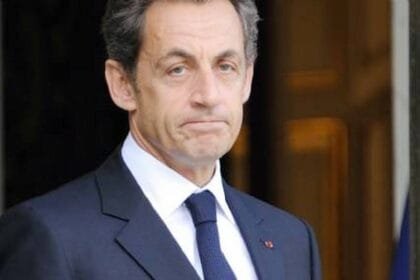Tehran, Iran – Kamal Kharrazi, head of Iran’s Strategic Council on Foreign Relations and former Foreign Minister, asserted that the results of recent negotiations showed that the other side does not believe in rational dialogue.
He pointed out that the negotiations went beyond the nuclear issue to include attempts to impose additional restrictions on Iran.
In an interview with the Iranian Supreme Leader’s website, KHAMENEI.IR, Kharrazi explained that the missile and resistance issues are not up for negotiation.
He stressed that Iran would not accept entering into talks on them.
He added that Tehran has no choice but to clarify its position to the public and demonstrate its willingness to engage in preliminary negotiations without submitting to any dictates.
He pointed out that the Iranian negotiating delegation had always tried to remain in the negotiating arena and not withdraw from it.
Kharrazi noted that during the Iranian president’s and foreign minister’s visit to New York, intensive attempts were made to hold sound negotiations that would lead to tangible results, but the opposing parties rejected them.
He considered this to reflect the strength of the Iranian position and the weakness of the logic of other parties seeking to achieve their goals through force.
It is noteworthy that Western countries and Israel suspect Iran of seeking to acquire a nuclear weapon, a charge Tehran denies, affirming its right to nuclear energy for peaceful purposes.
2015 agreement
After years of negotiations, France, Britain, Germany, the United States, Russia, and China reached an agreement with Tehran that limits its nuclear activities in exchange for the lifting of sanctions.
Then, in 2018, during Donald Trump’s first term, the United States decided to withdraw from the agreement.
And reimposed its own sanctions on Tehran.
In response, Iran gradually abandoned some of its obligations under the agreement, most notably uranium enrichment.
Which prompted the European Troika to activate the snapback mechanism.

















